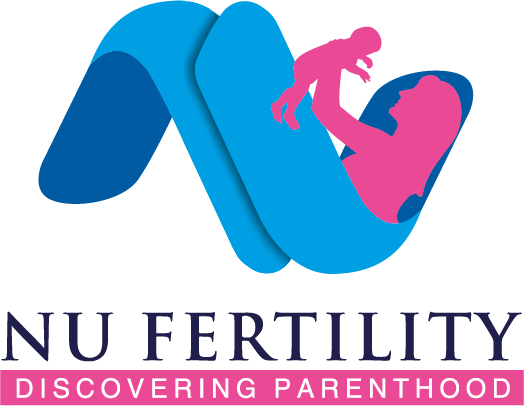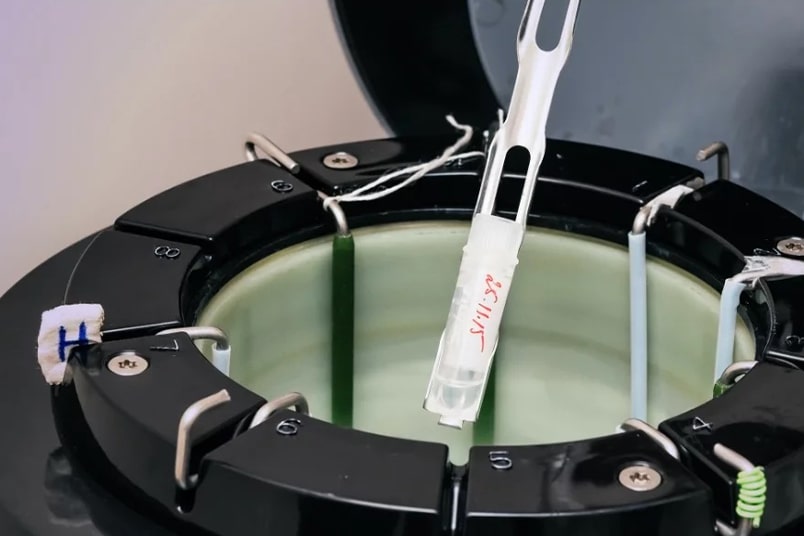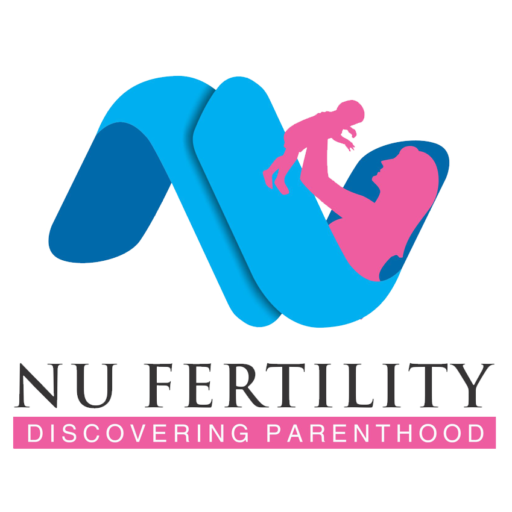Egg freezing, or oocyte cryopreservation, is a medical procedure where a woman’s eggs are extracted, frozen, and stored to extend their fertility window.
The process involves stimulating the ovaries to produce multiple eggs, which are then harvested, cooled to sub-zero temperatures, and preserved. This technology allows women to delay childbearing while maintaining the option to use their eggs for conception later on in life.
Egg freezing is often chosen by women facing age-related fertility decline, medical treatments that may impact fertility, or those pursuing career and personal goals.
Though it doesn’t guarantee future pregnancy, it offers a proactive approach to preserve reproductive options and is increasingly considered by couples seeking greater control over their family planning timelines.
Who is a good candidate for freezing eggs?

A good candidate for egg freezing is often women who find themselves in a situation where preserving fertility becomes a consideration due to various factors. The following are the various aspects that define a good candidate for egg freezing:
Age and fertility concerns: Women in their 20s to early 30s generally have healthier and more viable eggs, increasing the chances of successful freezing and future use. Egg freezing is most effective when done at a younger age when ovarian reserve and egg quality are higher.
Medical conditions or treatments: Females diagnosed with cancer, especially those undergoing treatments such as chemotherapy or radiation, which can harm fertility, may opt for egg freezing before starting treatment. Individuals with medical conditions that may impact fertility, such as endometriosis, may consider egg freezing to preserve their reproductive options.
Career and lifestyle considerations: Women pursuing demanding careers may choose to delay childbearing and freeze their eggs to mitigate the impact of age-related fertility decline while focusing on professional goals. For individuals who are engaged in extensive educational pursuits or other personal goals, egg freezing may seem like the perfect way to fit family planning into your schedule.
Single women and delayed marriage: Females who are currently single but wish to have biological children in the future may choose to freeze their eggs as a proactive measure. Individuals with delayed marriage plans who want to secure the option of having biological children may find egg-freezing beneficial. Some women may have not found their right partner at a younger age. Egg freezing helps these women.
Genetic conditions or family history: Women with a family history of early menopause or genetic conditions that affect fertility may consider egg freezing as a precautionary measure.
Personal health conditions: Females with personal health conditions that may impact fertility, such as polycystic ovary syndrome (PCOS), may opt for egg freezing.
Ethical or religious reasons: Some individuals may have ethical or religious concerns about traditional reproductive methods and choose egg freezing as an alternative.
Personal choice: Ultimately, egg freezing is a personal decision. Women who desire more control over their reproductive timelines or wish to explore non-traditional paths to parenthood may be good candidates.
How does Egg Freezing Work?
The following are the various steps involved in the egg freezing process:
Ovarian stimulation: The process begins with ovarian stimulation, where a woman receives hormonal medications to encourage the ovaries to produce multiple eggs. This step aims to maximize the number of eggs available for retrieval.
Egg retrieval: Once the eggs reach maturity, a minimally invasive procedure called egg retrieval is performed. A thin needle is inserted through the vaginal wall into the ovaries, and the mature eggs are aspirated. This is typically done under anaesthesia.
Cryopreservation: After retrieval, the eggs are cooled to sub-zero temperatures through a process called vitrification. This rapid freezing method prevents the formation of ice crystals, safeguarding the cellular structure of the eggs during storage.
Storage: The frozen eggs are then stored in specialized cryogenic containers, maintaining their viability for an extended period. The storage duration can be several years, allowing individuals to preserve their fertility until they decide to use the eggs.
Thawing and fertilization: The frozen eggs are thawed, when they are ready for use. Following thawing, the eggs are fertilized with sperm through in vitro fertilization (IVF), and the resulting embryos are transferred into the uterus.
Pregnancy attempt: If the fertilized egg successfully implants, a pregnancy can occur. It’s important to note that the success of egg freezing and subsequent IVF procedures may vary, and factors such as the woman’s age at freezing and overall reproductive health play significant roles in the success.
What is the cost of Egg Freezing in India?
Factors influencing the price include the clinic’s facilities, location, and the specific services included in the package. Additional expenses may arise for medications, consultations, and storage fees. It is essential to inquire about the comprehensive cost breakdown before proceeding.
The cost range of egg freezing in Bangalore is typically between Rs.1,00,000 and Rs. 3,00,000.
Some clinics also offer financing options or packages that encompass multiple cycles. It is advisable to research clinics, consider reviews, and consult fertility specialists to make an informed decision based on individual needs and budget constraints.
In summary, the decision to pursue egg freezing is a deeply personal one, influenced by several factors. Individuals must carefully evaluate their circumstances, considering age, health, career aspirations, and ethical considerations.
While egg freezing offers a promising option for preserving fertility, it is not a guarantee of future pregnancy. Open communication with healthcare professionals, thorough research, and realistic expectations are essential components of making an informed choice about whether egg freezing is the right path for one’s reproductive journey.
NU Fertility, Bangalore, India, is renowned for its excellence in fertility treatments and egg freezing. Known for its state-of-the-art facilities and experienced specialists, NU Fertility provides comprehensive fertility services.
The hospital’s success rates, patient care, and advanced technologies make it a preferred choice of countless individuals. They offer personalized treatment plans, ensuring individual needs are addressed. NU Hospitals’ commitment to quality and success in fertility procedures, including egg freezing, has earned it a reputation as one of the best fertility hospitals.
References:
-
- Egg Freezing. Yale Medicine.
https://www.yalemedicine.org/news/egg-freezing-fertility#.
- Egg Freezing. Yale Medicine.
-
- Egg Freezing. John Hopkins Medicine.
https://www.hopkinsmedicine.org/health/wellness-and-prevention/freezing-eggs-preserving-fertility-for-the-future.
- Egg Freezing. John Hopkins Medicine.
-
- Egg Freezing. Penn Medicine.
https://www.pennmedicine.org/updates/blogs/fertility-blog/2020/february/is-egg-freezing-right-for-you.
- Egg Freezing. Penn Medicine.
Author: Dr. Sneha J



